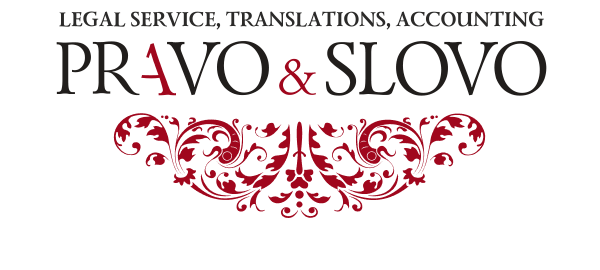Non-Profit Organization Registration
Whereas only three types of business entities are envisaged for conducting business, there exist a multitude of forms of non-profit organizations for implementing other types of activities, the objective of which is something other than profit making.
Non-profit organizations are created to achieve social, charity, cultural, educational, and other goals pursued for the public good.
Current law envisages the following list of business entity types for NPOs, the registration of which is performed by the Ministry of Justice of the Russian Federation and its territorial organs:
- public organizations (these include political parties, professional unions, and public initiative organs);
- societal movements;
- associations and unions (these include non-profit partnerships, self-regulated organizations, and employers associations, professional unions, cooperatives, and public associations);
- funds (these include charity and public funds);
- private institutions, including societal institutions;
- autonomous non-profit organizations;
- religious associations;
- legal associations and legal practices (law firm and lawyer collegiates);
- indigenous small ethnic communities;
- Cossack communities.
The form of non-profit organization must be chosen depending on the purposes for which it’s created. For instance, if the purpose is to satisfy spiritual or other non-material needs, societal or religious organization should be selected. For engaging in charity, usually funds are selected; to provide physical education services, the proper choice would likely be Autonomous Non-Profit Organization.
After deciding on the type of NPO, you will need to answer the following questions:
- What will the NPO be called? The title needs to reflect the business entity type and the nature of the organization's activities.
- Who are the founding members?
- Which types of activity will the NPO be engaging in?
- Which management organs will exist in the organization? How will powers be allocated between them?
- Will an auditor or an auditing commission be appointed?
Development of the NPO’s articles of association must be approached especially thoroughly. Due to the specifics of the operation of non-profit organizations, it's almost impossible to find two different NPOs that use the same articles of association.
An articles of association is developed on a case-by-case basis for each organization. One of the reasons is the structure and competence of the executive bodies of most non-profit organizations are determined by law only in the most general sense. All the specific aspects must be reflected in the organization's founding documents. A similar procedure is applied to the rest of the issues listed below.
The time period for registering an NPO is from 17 business days to 6 months depending on the business entity type.
Upon registering the NPO, you will receive the following documents:
- a sheet stating that the NPO has been created;
- tax registration certificate;
- an articles of association with a seal from the Ministry of Justice of Russia or its territorial organs.
Development of the founding documents and subsequent registration of the non-profit organization are a truly complex process. It will be hard to handle without the involvement of professionals. We are ready to provide you assistance at every stage of your NPO's creation. Contact us today!



